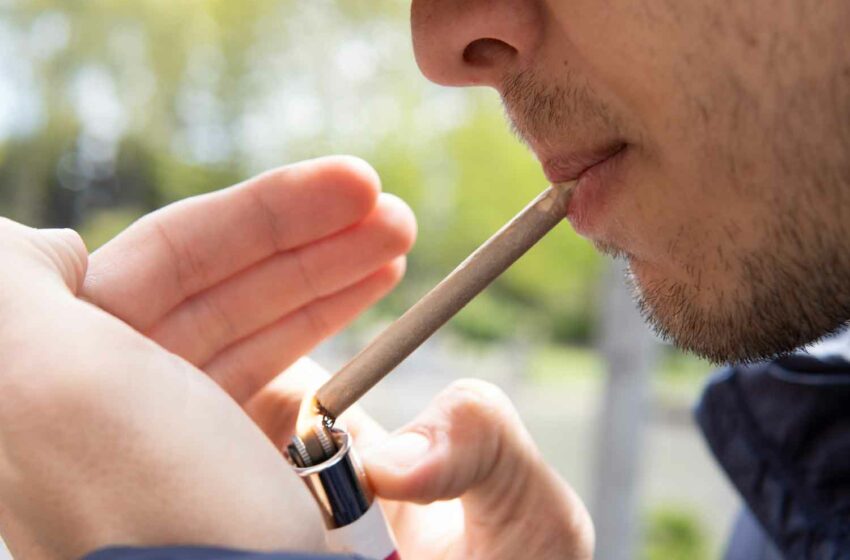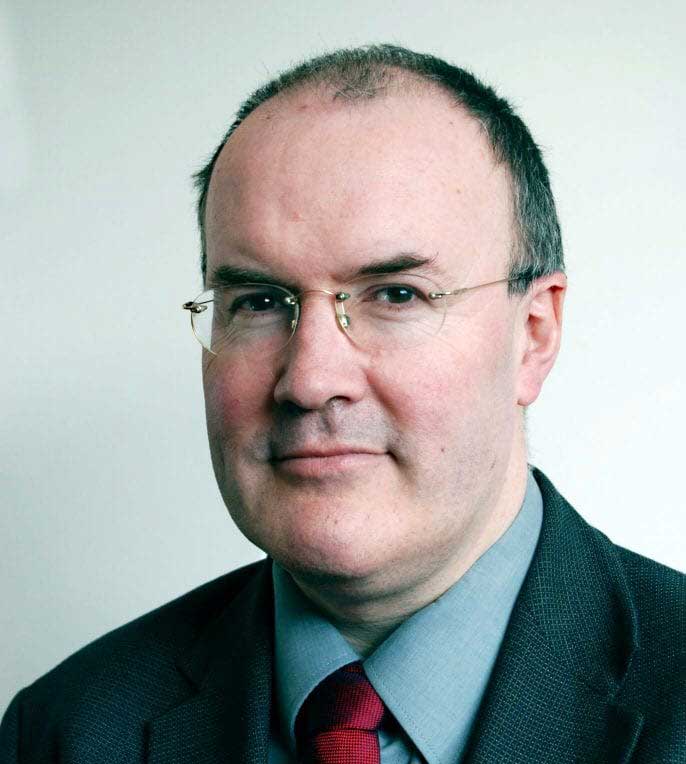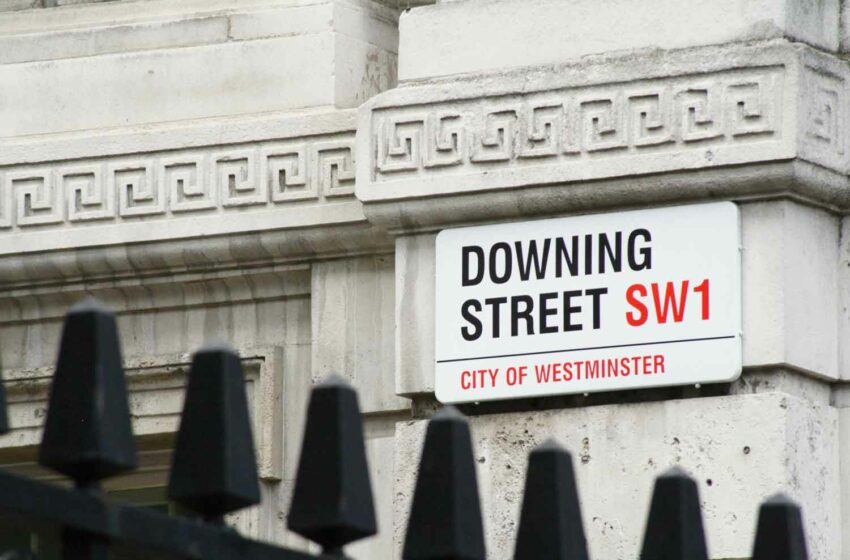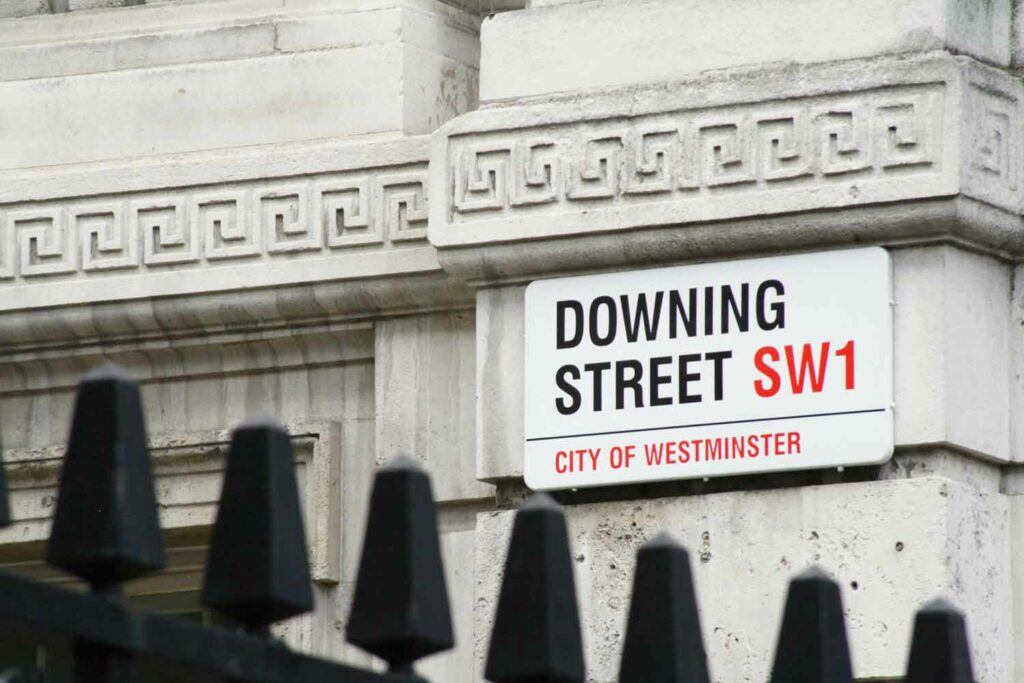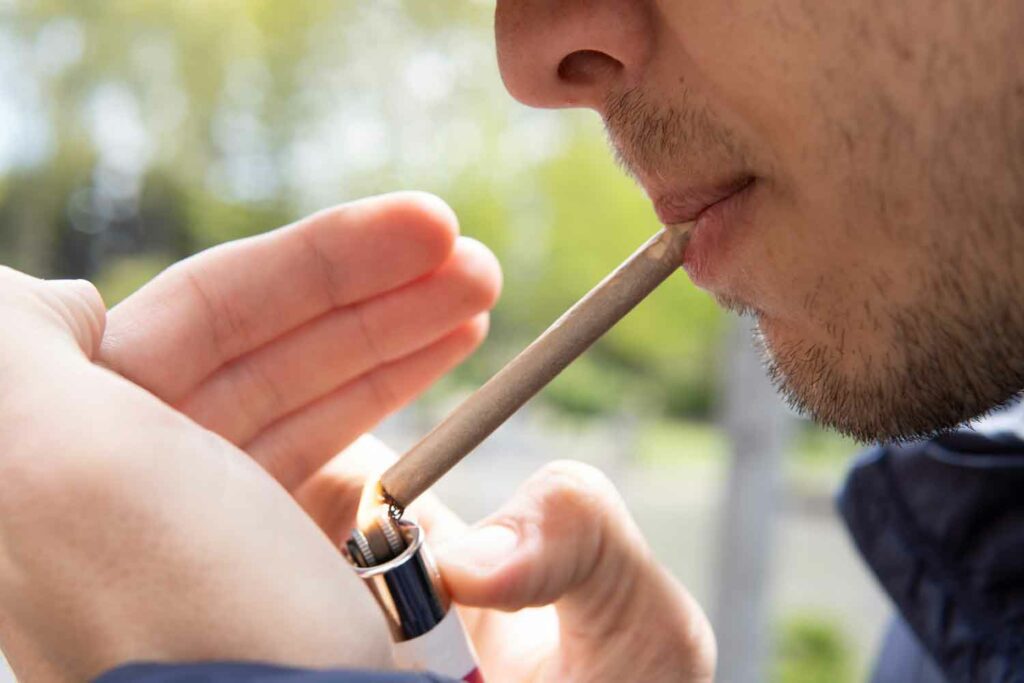
Since the start of the Covid-19 pandemic, a decades-long decline in smoking prevalence in England has stalled, according to a new study from University College London (UCL) researchers.
The study was funded by Cancer Research U.K. and published in BMC Medicine.
From June 2017 to February 2020, smoking prevalence fell by 5.2 percent annually. From April 2020 to August 2022 (during the pandemic), the rate of decline slowed to 0.3 percent. The stall in decline was more pronounced in advantaged social groups.
“Smoking prevalence has been falling among adults in England at a steady rate for more than 20 years,” said Sarah Jackson, lead author from the UCL Institute of Epidemiology and Health Care, in a statement. “Our data show that this decline has stalled, with an increase in quitting potentially having been offset by a rise in people taking up smoking or an increase in late relapse.
“These findings make bold policy action more urgent. The government was already not on track to meet its target for England to be smoke-free by 2030. This study shows we are even further off track than we thought.”
The researchers estimated that smokers in England accounted for 16.2 percent in June 2017, and in August 2022, this number was 15 percent.
The researchers used data from the Smoking Toolkit Study, aiming to see if the pandemic had resulted in sustained changes in smoking patterns. They found that there was a 40 percent increase in quit attempts during the pandemic compared to pre-pandemic, and there was a sustained 120 percent increase in the proportion of people stopping smoking, but this was offset by an increase in the number of people taking up smoking during the same period.
Smoking prevalence increased among 18-year-olds to 24-year-olds at the start of the pandemic while it decreased among 45-year-olds to 65-year-olds. Both age groups saw the immediate changes followed by pre-pandemic declines stopping and prevalence remaining flat.
“In working toward the smoke-free 2030 target,” the researchers wrote, “there is a need for action to reignite progress in reducing smoking among the more advantaged social grades and identify ways to accelerate the decline among less advantaged groups.”
“The government’s proposal to make it an offense to sell tobacco products to anyone born after 2008 could get us much closer to a smoke-free 2030,” said Jamie Brown, senior author and professor at the UCL Institute of Epidemiology and Health Care. “Other bold actions that have been proposed, such as increasing investment in mass media campaigns and distributing a million e-cigarettes to smokers, could also make a significant difference.”
“These findings demonstrate why we can’t be complacent when it comes to tobacco,” said Ian Walker, Cancer Research U.K.’s executive director of policy. “It can be easy to start smoking but notoriously hard to quit.
“World-leading measures, such as changing the age of sale of tobacco, alongside critical funding to boost smoking cessation services, are essential to help us achieve a smoke-free U.K. We call on MPs from all parties to support the age of sale legislation at the free vote.”

